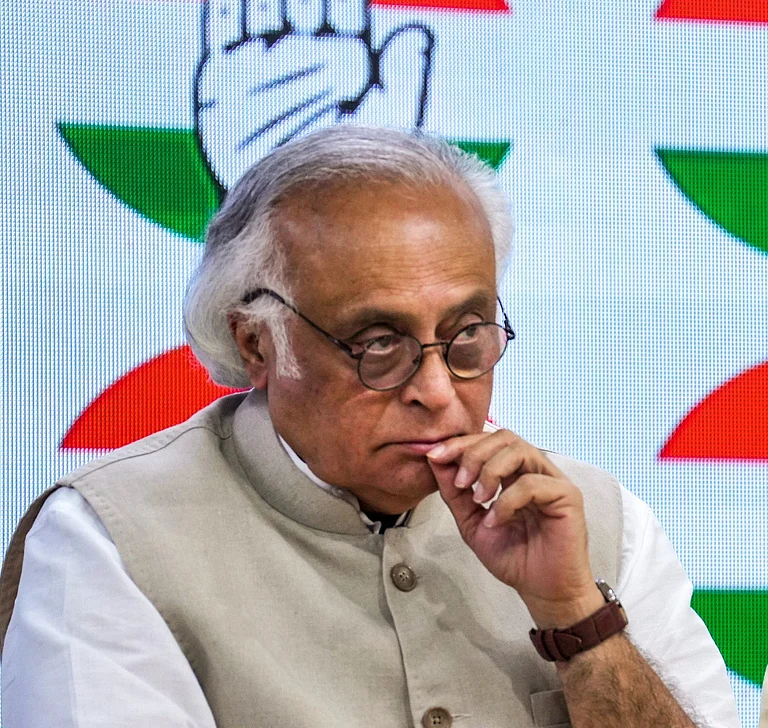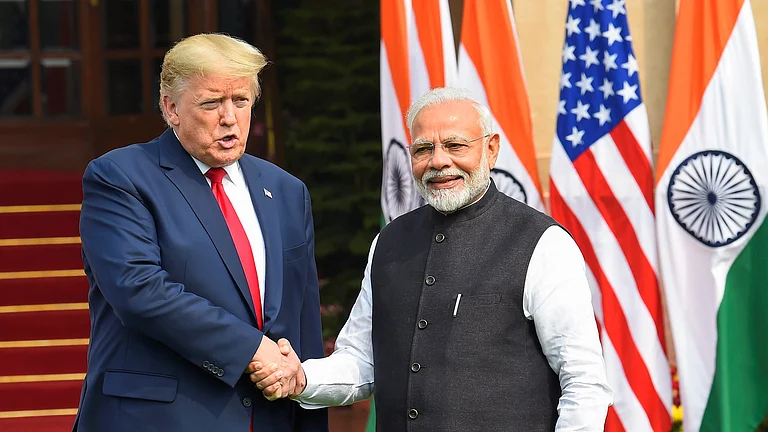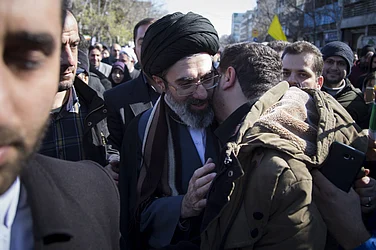
Summary of this article
Trump said he pushed India and Pakistan to end hostilities after Pahalgam attack, tying peace to US trade access.
India rejects claims of US mediation, credits DGMOs for ceasefire agreement.
Trump also highlighted tariffs on Indian oil trade with Russia, voiced disappointment with Putin over Ukraine.
During his State Visit to the UK on Thursday, US President Donald Trump reiterated his assertion that he had stepped in to settle a dispute between India and Pakistan earlier this year. He named it as one of seven international conflicts he brought an end to.
Speaking at the British Prime Minister's rural home of Chequers in Buckinghamshire for a joint news conference with Keir Starmer, Trump stated that his "biggest disappointment" was that Russian President Vladimir Putin had "let him down" over the ongoing conflict with Ukraine but had succeeded with India and Pakistan through trade.
He later mentioned tariffs imposed on India for purchasing Russian oil, even though he was "very close" to Prime Minister Narendra Modi.
“We did seven and most of them were not thought to be settleable. We did India, and we did Pakistan. That's two nuclear (countries),” Trump told reporters in response to a question about the Russia-Ukraine conflict.
“That was purely for trade. You [India and Pakistan] want to trade with us, you're going to have to get along. And they [India and Pakistan] were going at it hot and heavy,” he said.
Trump has repeatedly claimed that he told the nuclear-armed South Asian neighbors that America would do a "lot of trade" with them if they ended the conflict. These comments were made in the wake of Operation Sindoor, which was launched in response to the terrorist strike in Pahalgam in April, which was backed by Pakistan. Trump also took to social media to announce that India and Pakistan had agreed to a "full and immediate" ceasefire.
India has continuously denied any outside influence, arguing that bilateral discussions between the two militaries' Directors General of Military Operations (DGMOs) led to the agreement to end hostilities with Pakistan.
Over the trade tariffs imposed on India, Trump stated: “Very simply, if the price of oil comes down, Putin is going to drop out. He's going to have no choice. He's going to drop out of that war.
“And when I found out that the European nations were buying oil from Russia, and as you know, I'm very close to India. I'm very close to the Prime Minister of India, I spoke to him the other day to wish him a Happy Birthday. We have a very good relationship and he put out a beautiful statement too. But I sanctioned them.” Trump also pointed to China paying a “very large tariff” to the United States and that he was willing to do other things to intervene in the conflict only if "the people that I'm fighting for are buying oil from Russia".
"If the oil price comes down, very simply, Russia will settle, and the oil price is way down, we got it way down,” he said.
On the Russia-Ukraine situation, Trump said he hoped to “have some good news” but also stressed that it doesn't directly affect the United States.
“You [the UK] are a lot closer to the scene than we are. We have a whole ocean separating us. But I will say this, millions of people have died in that war,” he said.
Starmer declared he was "more optimistic than ever and more confident than ever" about the UK-US alliance at the start of the joint press conference.
As he applauded the "historic" and "very good" trade agreement with the UK earlier this year, Trump also hailed Starmer as a "tough negotiator."
Trump stated that he wants all of the hostages abducted in the October 7, 2023, attacks to be released when questioned about the UK's intention to recognize a Palestinian state over the Israel-Hamas conflict.
"On that point, I disagree with Prime Minister [Starmer]." Actually, it's one of our rare arguments," he said.
With PTI inputs.























